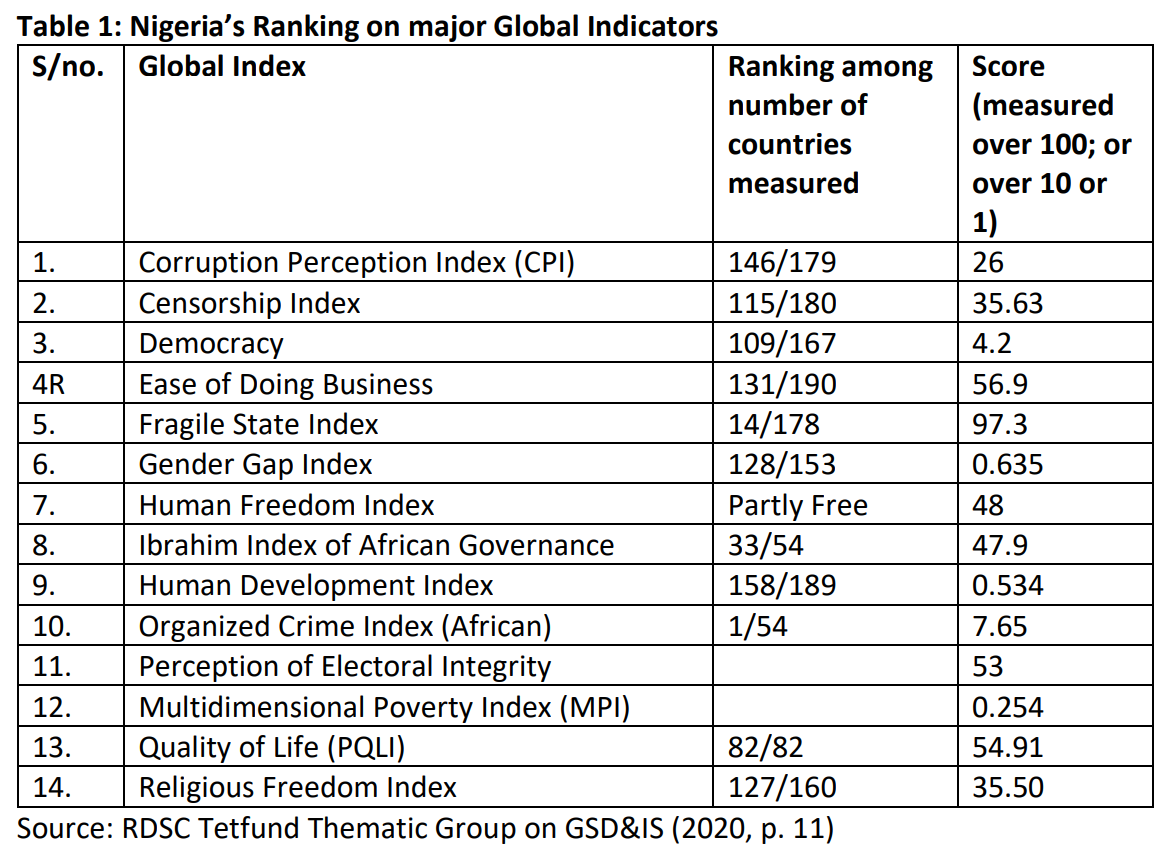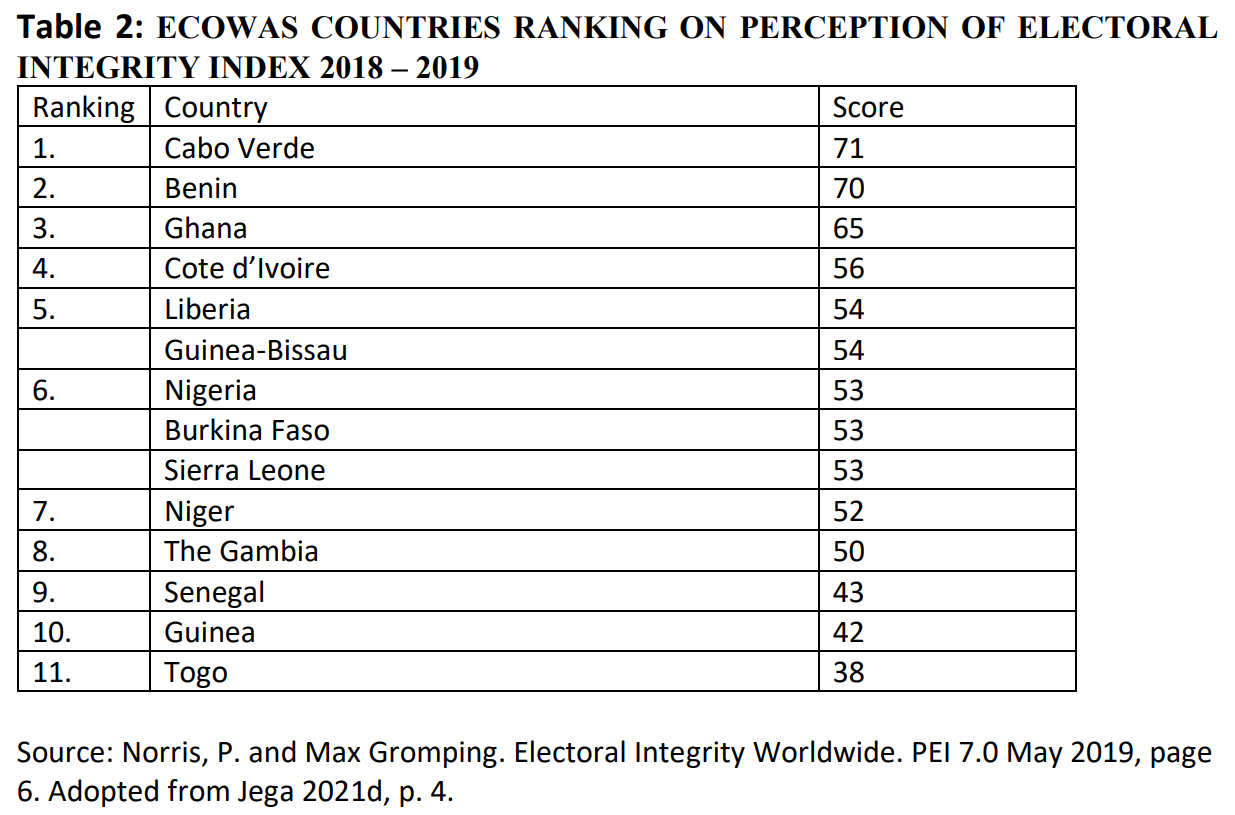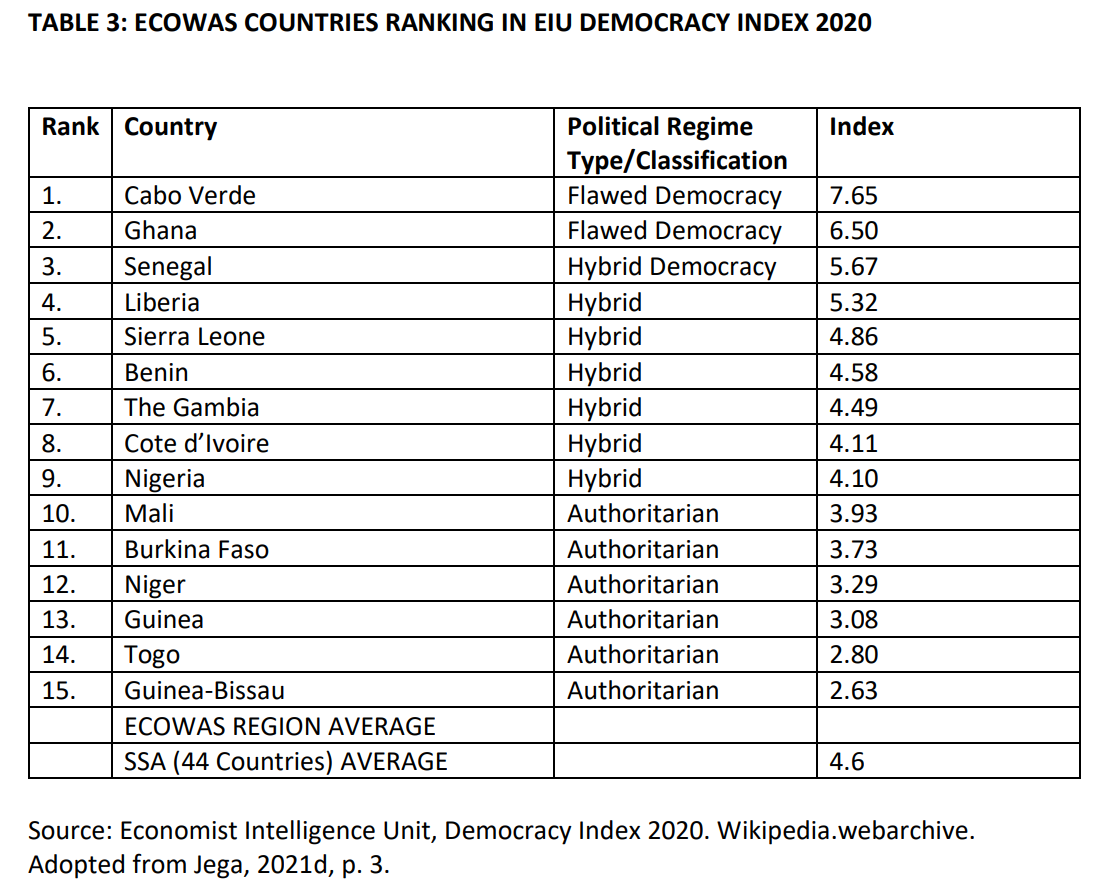Participatory development and good governance are important matters for advancing the interests and aspirations of citizens in a country. Most citizens are workers, in one form or another, even if not all citizens are workers. Therefore, workers participation in the development of their country, especially in bringing about good governance, through which meeting their basic needs and aspirations is enhanced, is necessary and desirable.
Most workers, being preoccupied with matters of survival for themselves and their families, through work that earns them pittance in wages or menial labour, or petty trade, do not understand or even care about the value of participation in matters that would protect and advance their collective interests.
It is therefore the responsibility of organized labour, in trade unions or other associations and movements, to promote active workers participation not just in collective bargaining for narrow economic, or economistic, interests, but also in broader matters of development, especially active, focused, resilient and enlightened participation in the electoral process for the selection or election of people who would have the good character, patriotism and selflessness, among other things, to nurture and entrench good democratic governance, and direct public and governmental affairs well, whether at level of local government, the state, or the federation, to the satisfaction of workers and all other citizens.
Perhaps in no other country in the world today, is this responsibility of organized labourmore necessary and desirable than in Nigeria in its present circumstances. Nigeria is very badly governed and, unfortunately, it has been so for a very long time. Popular participation of citizens in their country’s affairs and governance processes, has never been as great as it should be; and currently, it is even declining, if we take into consideration the massively declining figures of voter turnout in elections.
All the indices of bad governance are starkly evident: from the fraudulent ways and means by which conceited elite impose themselves as ‘elected’ ‘leaders’ in governance; to the reckless, selfserving, corrupt, exclusionary, visionless, parochial and unpatriotic disposition and manner they have been ‘governing’. Indeed, on virtually all the global indices used to measure, rate and rank countries with regards to socio-economic development, addressing poverty, advancing human security, good governance and democratic development, Nigeria is ranked lowly and poorly, if not despicably given its vast potentials in human and material resources (see Tables 1-3 for detailed illustration).
As a consequence of all these, is there any wonder that the Nigerian state is appearing increasingly incapable of discharging the rolesand responsibilities traditionally expected of a modern nation-state? These primary responsibilities are: (i) protecting lives and property, (ii) defending the country’s territorial integrity, (iii) maintaining law and order and peaceful co-existence among citizens on the basis of the rule of law and independent and credible judiciary; and (iv) providing for the basic needs and human security of all citizens. Is the Nigerian state competently and effectively discharging any of these responsibilities, if at all? Indeed, is there any wonder that some analysts are audaciously claiming that “Nigeria has collapsed”, or that some of us who are cautiously optimistic, are saying that “while Nigeria has not totally collapsed, evidence is there that it is collapsing, and efforts need to be made urgently to prevent it from collapsing”?
In the present circumstances in Nigeria, there is no better way for the organized labour to strategically advance the collective interests of the working people of Nigeria, than to join forces with other patriotic forces and actively engage with politics and governance, and especially the electoral process, to ensure that the governance process and indeed the future of Nigeria is rescued from the reckless elite who are greedily and blindly undermining the socio-economic and democratic development of our country; who are literally getting the country grounded and, as it were, leaving the rest the citizens high and dry.
In addition, organized labour has to forge unity among the trade unions and labourmovements in the country, at the least on the basis of a minimum agenda of mobilizing, educating, enlightening and consciencetizingNigerian workers to get them to resolve to use the electoral process in the politics leading to 2023 general elections; in particular to motivate and encourage Nigerian workers to register to vote, then turnout to vote, and finally vote only for parties / candidates of good character who sincerely commit to promoting, advancing, defending, and implementing a Nigerian Workers Charter of demand when elected. As 2023 general elections are literally around the corner, this, it can be argued, is the most realistic potentially successful option to pursue in the present circumstances. Beyond 2023, concerted effort can then be channelled and focused on the creation / strengthening a working peoples party, which must be well established and structured for future more impactful engagement in Nigerian politics. It needs to be recognized that in the present circumstances, workers ignore participation in electoral politics at their own peril.
Ordinarily, as is well known, unity is strength; and unity is necessary and desirable so as to actualize the objectives and aspiration of getting Nigerian workers and other progressive forces’ active participation in electoral politics to rescue Nigeria and widen and deepen the scope for democratic development and good democratic governance in country. The time of narrowly believing that workers interests can only be advanced through collective bargaining is over. The time of “Siddon look”, while ruffians and crooks occupy and dominate the political and governance spaces, through manipulation of the electoral process in our country, Is over!
That is why I am very pleased that the TUC has found it necessary to organize this Political Round Table discussion to deliberate on how best to get Nigerian workers to seriously and properly participate on matters development and governance in our country. Certainly active, principled, focused and resilient participation in the political and electoral process is the starting point of bringing about good democratic governance that can more appropriately be the framework for addressing the primary and objective interests of the Nigerian workers in contemporary Nigeria.
I thank you for the honour to serve as the Chairman of this programme, and I wish us fruitful deliberations.
The Working people of Nigeria Unite!
Long Live Nigerian Workers!
Long Live the Federal Republic of Nigeria!!



References
Jega, A. M. 2022. “Towards Building a Citizens’ Consensus” presentation at the Round Table Discussion convened by the National Working Group on Peacebuilding and Governance, on Thursday February 17, 2022, at the NAF Conference Centre.
Jega, A. M. 2021. Governance, Insecurity, Poverty and Socio-Economic
Development in Contemporary Nigeria: Which Way Forward?. 7th Goddy JidenmaFoundation Public Lecture. MUSON Centre, Lagos. 30th November.
Opening remarks at the Trade Union Congress (TUC) Political Round Table 2022 on the theme: The Role of Organized Labour in Promoting Participatory
Development and Good Governance: Perspectives on 2023 General
Elections, held at the Shehu MusaYar’adua Centre, Thursday,









